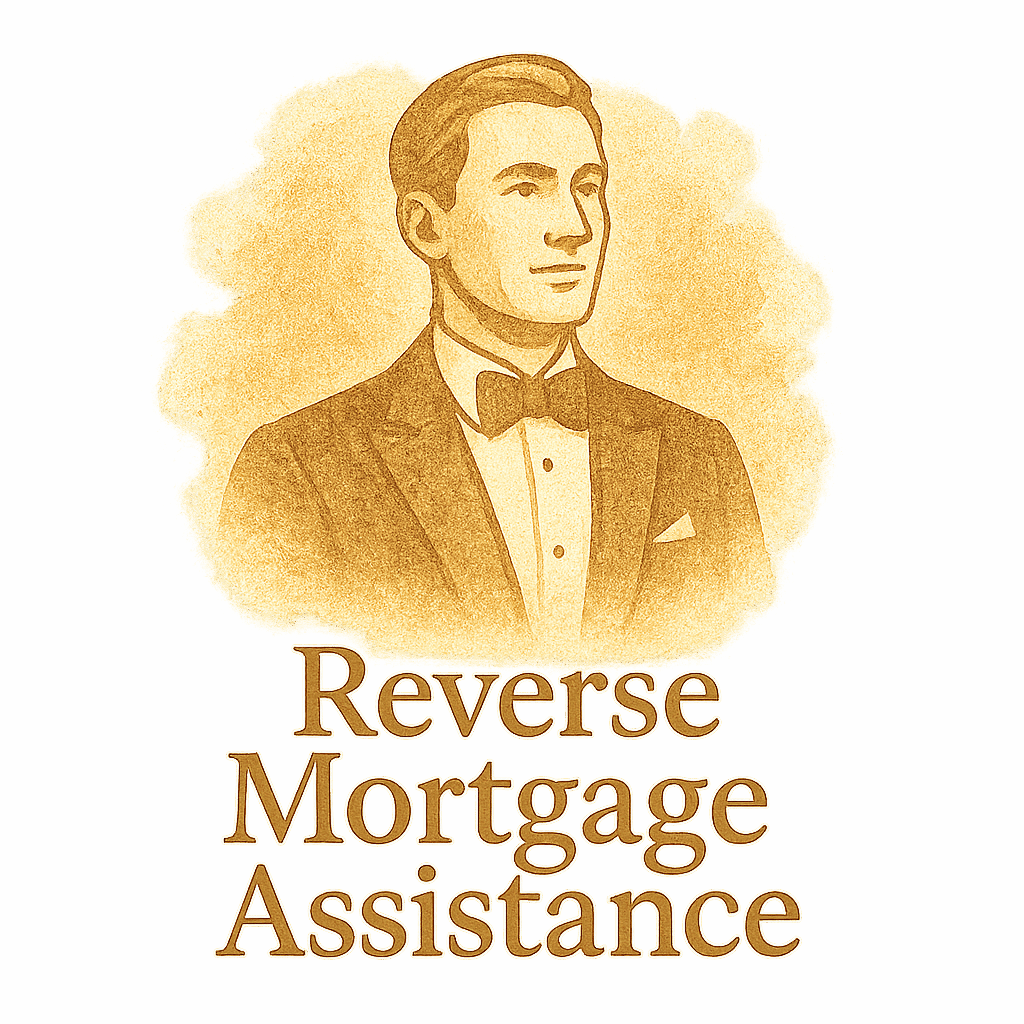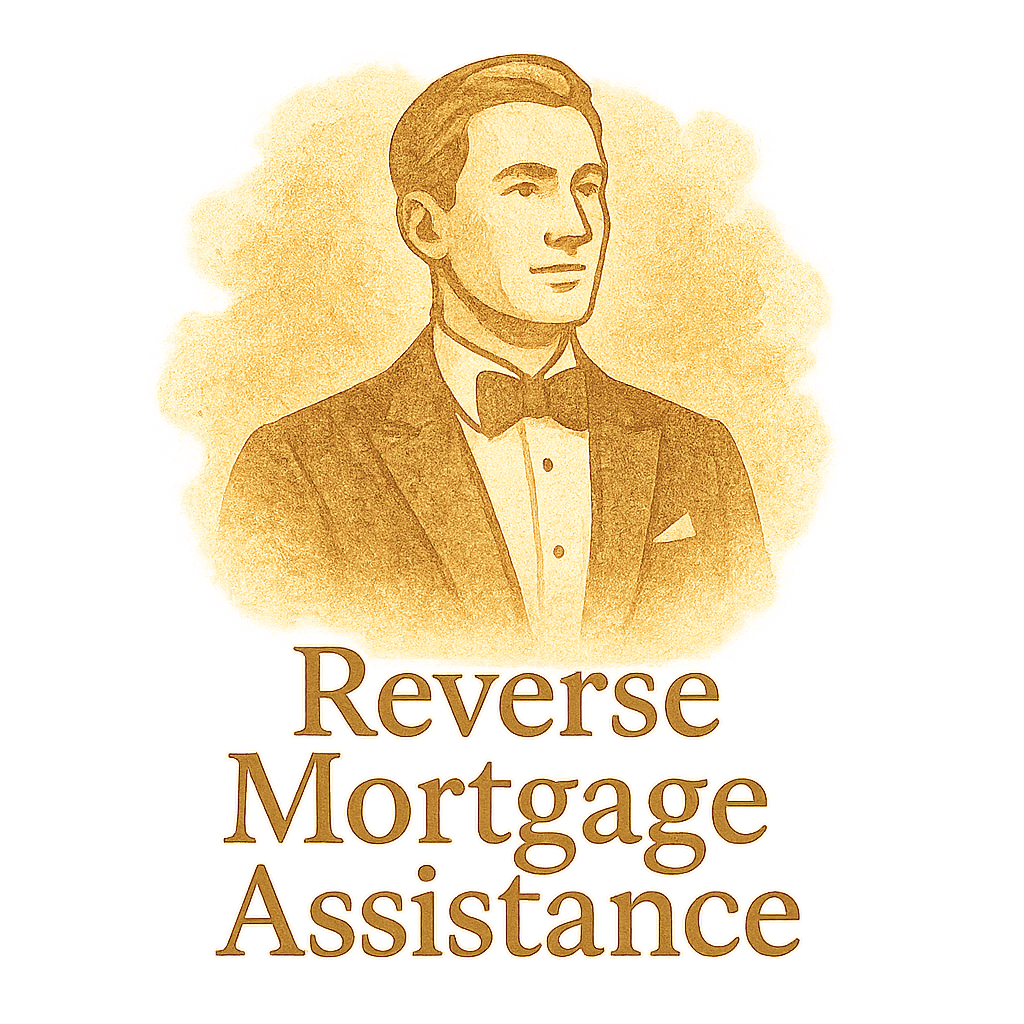Introduction to Reverse Mortgage Risks
You’ve probably heard that reverse mortgages are a great way for retirees to tap into their home’s equity. Sounds pretty sweet, right? But here’s the twist—many people don’t realize these loans come with some serious strings attached. Yep, if you’re not careful, you could lose your home. That’s why understanding reverse mortgage foreclosure risks is so important.
In this article, we’ll break down the six biggest risks that could put your home on the line—and how to dodge them like a pro.
What Is a Reverse Mortgage?
Basic Mechanics of Reverse Mortgages
A reverse mortgage is a loan designed for homeowners aged 62 and older. Instead of making monthly payments, you receive money from the lender based on the value of your home. The loan balance grows over time, and you don’t have to repay it until you move out, sell the house, or pass away.
If you’re still scratching your head, you can dive into the details at our Reverse Mortgage Basics page.
Popularity Among Seniors
Reverse mortgages have gained traction among retirees who need extra income without selling their home. But they come with fine print that too many overlook.
Why Foreclosure Happens with Reverse Mortgages
Misunderstanding Loan Terms
One of the top causes of reverse mortgage foreclosure is simply not understanding what you’re signing. Loan documents are often packed with legal jargon. Misunderstanding even a single term can lead to big trouble. Visit our Mortgage Myths & Truths page to clear up common misconceptions.
Failure to Meet Obligations
With a reverse mortgage, you’re still responsible for paying property taxes, insurance, and keeping the home in good shape. Miss one of these? You could trigger foreclosure.
Risk #1: Not Paying Property Taxes or Home Insurance
Why It Leads to Foreclosure
This is the #1 reason reverse mortgage borrowers end up in foreclosure. When you miss property taxes or let your homeowner’s insurance lapse, you violate the loan terms.
How to Avoid It
- Set up automatic payments for taxes and insurance.
- Create a budget that includes ongoing home costs.
- Use tools from our Mortgage Planning section to stay on track.
Want to go deeper? Explore mortgage basics to build a stronger foundation.
Risk #2: Living Outside the Home Too Long
What the Rules Say
Reverse mortgage rules state that the home must be your primary residence. If you’re out of the house for more than 12 months—due to extended travel or long-term care—that can trigger a loan default.
Prevention Tactics
- Avoid long-term stays elsewhere unless absolutely necessary.
- If a health issue arises, make sure your family is informed about your loan terms.
- Read up on retirement planning to safeguard your home as part of your future strategy.
Risk #3: Passing Away Without Heirs Prepared
What Heirs Need to Know
When the borrower dies, the loan becomes due. If heirs don’t act quickly, the lender can foreclose. Many families lose homes simply because they didn’t know what to do.
Estate Planning Tips
- Have a clear estate plan in place.
- Communicate with your heirs about your reverse mortgage.
- Link up with legal and regulatory resources to cover your bases.
You can also explore this topic under contracts and legal terms.

Risk #4: Loan Misuse and Mismanagement
Financial Planning Matters
Spending reverse mortgage funds carelessly is a fast track to financial instability. Remember, you’ll still need money for maintenance, taxes, and insurance.
How to Stay On Track
- Create a realistic financial plan.
- Avoid using the loan for luxury spending.
- Review helpful content under loan comparison and mortgage planning.
Risk #5: Legal Confusion and Contract Oversights
The Importance of Legal Literacy
Ever feel like mortgage documents were written in another language? You’re not alone. Misreading legal clauses can cost you your home.
Using Legal Guidance Effectively
- Work with a reverse mortgage specialist or attorney.
- Don’t sign anything you don’t fully understand.
- Refer to our Legal & Regulatory section for guidance.
See real-life case studies that show how others navigated similar challenges.
Risk #6: Inaccurate Home Value Assessment
How It Affects Equity and Repayment
If your home is appraised too low, you may receive less money than you’re entitled to. This could impact your ability to meet financial obligations and raise foreclosure risk.
Getting the Right Appraisal
- Hire an independent appraiser before finalizing the loan.
- Get a second opinion if something feels off.
- Learn more in our section on reverse mortgage outcomes.
How to Protect Yourself from All Risks
Use Trusted Reverse Mortgage Planning Tools
You don’t have to navigate this alone. Use resources like:
- ReverseMortgageAssistance.com
- Mortgage Planning Guides
- Tag: Seniors
Compare Loan Options Smartly
Not all reverse mortgages are created equal. Use a tool like the Loan Comparison Tool to see which product best suits your goals and situation.
Need help preparing? Check out tips under preparation.
Conclusion
Reverse mortgages can be a financial lifeline for seniors—but only if you understand the risks and actively manage them. From unpaid taxes to legal confusion, the threats are real, but so are the solutions. If you educate yourself, plan smartly, and use the right tools, you can enjoy the benefits of a reverse mortgage without the heartbreak of foreclosure.
And remember, when in doubt, lean on resources like ReverseMortgageAssistance.com to guide you every step of the way.
FAQs
1. Can I lose my home with a reverse mortgage?
Yes, especially if you fail to meet key obligations like paying taxes or maintaining the property.
2. What happens to a reverse mortgage when the homeowner dies?
The loan becomes due. Heirs can repay it or sell the home to cover the debt.
3. Is a reverse mortgage a good idea for everyone?
Not necessarily. It depends on your financial situation, goals, and long-term plans. Use loan comparison tools to decide.
4. What are common misunderstandings about reverse mortgages?
People often think they won’t owe anything or that their heirs get the home free and clear—both are false. Learn more at mortgage myths & truths.
5. How can I make sure my heirs keep the home?
Prepare them in advance and involve them in the estate planning process.
6. Are there different types of reverse mortgage contracts?
Yes, and each has its own rules. Explore tag: contracts for more.
7. Where can I find trusted help with reverse mortgages?
Your best bet is ReverseMortgageAssistance.com, packed with tools, legal guides, and real case studies.


